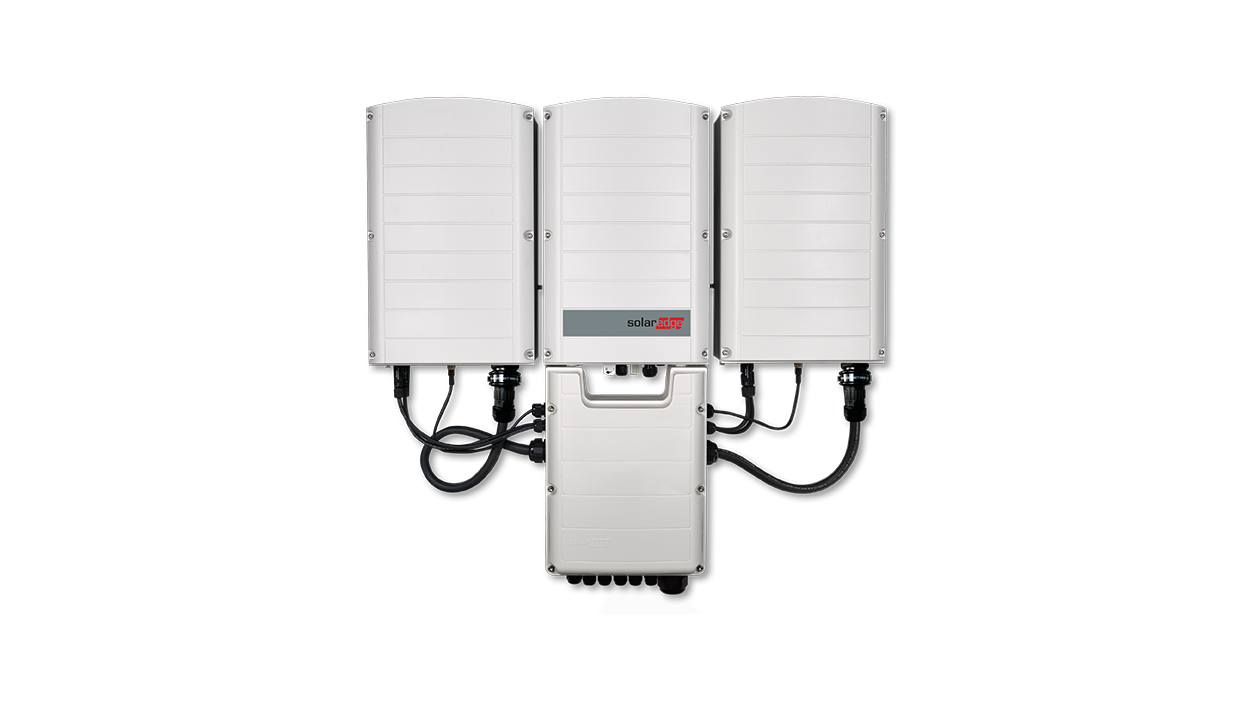Deliveroo saw overall gross transaction value (GTV) jump by four per cent in the last quarter of 2023 despite food inflation.
In an earnings update, the food delivery app said that GTV in The UK and Ireland grew by seven per cent compared to the same quarter last year. Deliveroo attributed its growth to working with certain restaurants to lower markups and stronger operational performance.
Deliveroo said its Group revenue over the quarter grew by one per cent from £521 million in the same quarter of 2022, to £523 million. The company said that its revenue lagged behind GTV growth due to an increase in spending on marketing as well as “targeted investment in consumer fees” to stabilise consumer behaviour.
Full year earnings are expected to be slightly above £60 - 80 million, with GTV in line with guidance at three per cent.
“We delivered a good performance in UKI and saw International return to GTV growth, with encouraging trends in several markets,” said Will Shu, founder and chief executive of Deliveroo. “As we saw ongoing signs of stabilisation in consumer behaviour in the quarter, we continued to invest in the consumer value proposition to lay the foundations for future growth.
“We closed out a successful 2023 with GTV in line with guidance and adjusted EBITDA slightly above the top end of our guidance range."
In the summer, Deliveroo announced plans for a £250 million return to its shareholders following a reduction in its losses.
Losses for the period improved by 46 per cent from around £154 million to £83 million.
Latest News
-
Reddit ‘challenges Australia’s under 16s ban’ with lawsuit
-
BBVA expands ChatGPT to 120,000 employees
-
BIS and Central banks test post-quantum cryptography in payments
-
UK government launches new MedTech qualifications to fight skills gap
-
UK scientists get priority access to advanced AI through Google DeepMind lab
-
Uber Eats rolls out robot couriers in Leeds
The future-ready CFO: Driving strategic growth and innovation
This National Technology News webinar sponsored by Sage will explore how CFOs can leverage their unique blend of financial acumen, technological savvy, and strategic mindset to foster cross-functional collaboration and shape overall company direction. Attendees will gain insights into breaking down operational silos, aligning goals across departments like IT, operations, HR, and marketing, and utilising technology to enable real-time data sharing and visibility.
The corporate roadmap to payment excellence: Keeping pace with emerging trends to maximise growth opportunities
In today's rapidly evolving finance and accounting landscape, one of the biggest challenges organisations face is attracting and retaining top talent. As automation and AI revolutionise the profession, finance teams require new skillsets centred on analysis, collaboration, and strategic thinking to drive sustainable competitive advantage.
© 2019 Perspective Publishing Privacy & Cookies











Recent Stories